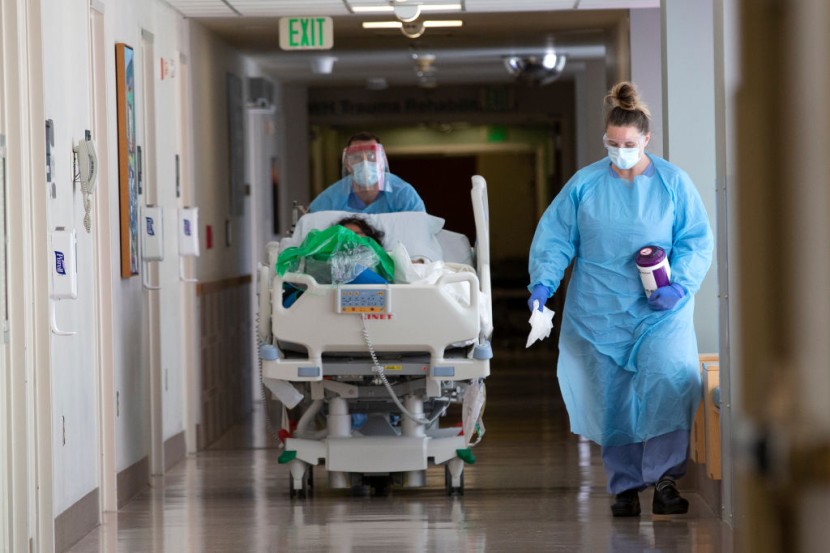The US Centers for Disease Control and Prevention (CDC) have issued a warning to the nation's healthcare workforce about the risk of a mental health crisis.
New research from the government uses national survey data from 2018 to 2022 and finds that by 2022, almost half of health professionals reported feeling burnt out. The number of medical workers who reported being harassed on the job also increased dramatically.
Worsening Already Tough Working Conditions

According to the survey published on Tuesday, October 24, the mental health of medical staff is much worse than workers in other sectors.
The results follow the biggest healthcare worker strike in US history. About 75,000 unionized Kaiser Permanente workers walked out of the job in five states and the District of Columbia due to fatigue and persistent staffing shortages.
Dr. Debra Houry, CDC's chief medical officer, pointed out: "While usually health workers care diligently for others in their time of need, it is now our nation's health workers who are suffering, and we must act."
According to CNN, Houry said that the work of healthcare providers was difficult even before the pandemic. They deal with patients and their families, they are exposed to potentially deadly infections and have to work long hours under uncertain schedules. She acknowledged the emotional and mental toll of caring for the ill.
Previous studies have shown that nurses, health care support professionals, and health technicians, in particular, had a higher suicide risk than the general population.
Evidently, the COVID-19 pandemic worsened already difficult working conditions by overwhelming healthcare workers with a surge of patients, long hours, and supply shortages. These pressures contributed to an increase in mental health issues, suicidal thoughts, and drug addiction problems, all of which are experienced by a sizable percentage of the adult population in the US.
The Data at Hand Calls for Action
There was a rise in the number of poor mental health days recorded by healthcare professionals between 2018 and 2022, according to the research. The percentage of healthcare workers who said they wanted to switch jobs increased to 44% from 33% in the 2018 study.
Meanwhile, the percentage of healthcare personnel who faced harassment, such as physical threats, bullying, or verbal abuse from patients or colleagues, increased dramatically from 6% to 13% throughout the course of the research.
Health professionals who reported being harassed were 5 times as likely to experience anxiety compared to those who did not. The likelihood of experiencing depression was more than three times as high, and the likelihood of experiencing burnout was almost six times as high, among those who were harassed.
However, the CDC concludes that this outcome may be avoided by instituting new and better rules and procedures in the workplace. The research showed that health professionals were less likely to suffer burnout if they trusted their management, had sufficient time to finish their tasks, and got assistance from supervisors.
Casey Chosewood, head of the National Institute for Occupational Safety and Health's Office for Total Worker Health, urged businesses to heed the warnings and implement prompt preventative measures. "Supportive work environments had a positive impact on health workers."
© 2026 HNGN, All rights reserved. Do not reproduce without permission.








